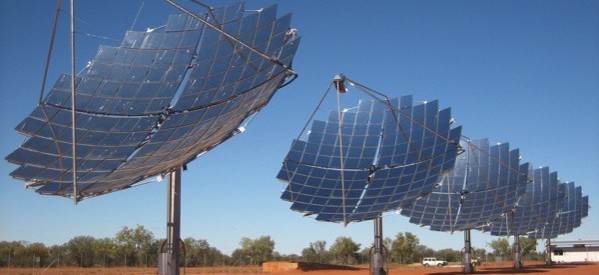Will Australia Jump on the Anti-Dumping Band Wagon?

Chinese solar done right is as good as just about any – but if you’re considering going solar using modules made in China; you might want to do so soon. First it was the USA; soon India and the EU – and now there’s a push for Australia to add an “anti-dumping” penalty on cheap solar panels from China sold in the country.
China’s domination of the solar panel market has had major benefits for end consumers; pushing down the price of modules and allowing more households to slash their power bills by going solar. However, it hasn’t been without its casualties – local manufacturing particularly.
A solar trade war between the USA and China resulted in import tariffs on all Chinese solar manufacturers last year. The European Commission is proposing even higher tariffs of between 37.2% and 67.9% on many Chinese solar panels sold in the EU. There are those in Australia who would like to see a similar approach taken.
The nation’s only solar panel manufacturer, Tindo Solar, is calling on the Australian government to join ‘anti-dumping’ action. According to the Sydney Morning Herald, Tindo is also working with the Australian Industry Group on establishing an anti-dumping proposal. The news will likely not be well received by companies such as Daqo; who have been making inroads in the country offering quality solar panels at very competitive prices.
While Australia is a solar stronghold and assuming a tariff became a reality, whether we’ll see some Chinese companies doing what they did in the US scenario – setting up local manufacturing to avoid the tariffs – remains to be seen given Australia’s comparatively small population. However, to avoid the tariff; companies may set up or increase production elsewhere.
‘Australian Made’ stirs up the patriot in all of us; but the degree to which a tariff on Chinese imports would stimulate local manufacturing by local companies is unknown. If such a penalty is introduced the concern may be the same as elsewhere – it could slow solar uptake in Australia and consequently impact on jobs in the solar retail and installation sectors. Add to that the risk of friction in Australian-Chinese trade relations and it becomes a very tricky and complex situation.






